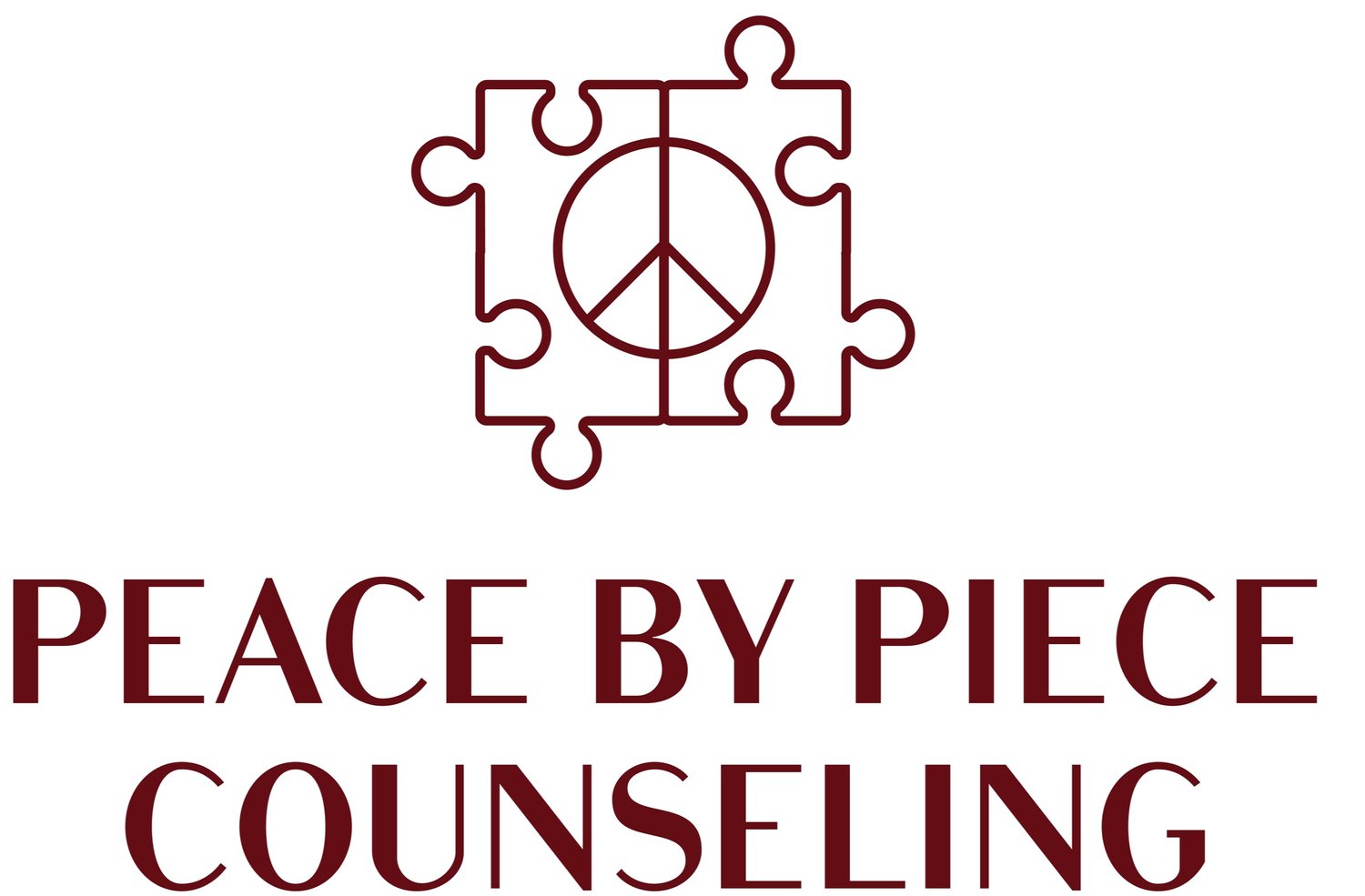
Understanding Religious Trauma: Healing and Hope
When religion was used against me.
Religious trauma refers to the psychological and emotional distress experienced by individuals who have been harmed or negatively impacted by their involvement in a religious community or belief system. It can occur as a result of a variety of factors, such as oppressive doctrines, traumatic religious experiences, religious abuse, or a crisis of faith. This trauma can deeply affect an individual's mental health, self-esteem, relationships, and overall well-being. However, it is important to remember that healing and recovery are possible, and there are resources available to support individuals on their journey.
Meet Emily, a courageous young woman who experienced religious trauma during her adolescence. Raised in a strict and dogmatic religious environment, Emily was constantly bombarded with messages of fear, guilt, and shame. These beliefs and practices deeply affected her self-worth and led to a profound sense of isolation and emotional turmoil. Despite her doubts, Emily was hesitant to question her faith due to the fear of abandonment by her religious community and loved ones.
Religious trauma can manifest in various ways, affecting both an individual's emotional and physical well-being. Common symptoms include anxiety, depression, guilt, shame, feelings of unworthiness, fear of punishment, religious obsessions and compulsions, and difficulties with personal identity. These symptoms can significantly disrupt daily life and hinder one's ability to form healthy relationships or engage in self-care practices.
Despite the challenges she faced, Emily found the courage to confront her religious trauma and embark on a journey of healing and self-discovery. With the support of therapists, support groups, and loved ones, Emily gradually began to rebuild her sense of self and explore her own beliefs and values. Through therapy, she learned healthy coping strategies, developed a strong support network, and gained a newfound sense of freedom and authenticity.
Therapy can play a vital role in the healing process for individuals who have experienced religious trauma. It provides a safe and supportive environment to explore and process the emotional wounds caused by religious experiences. Therapists can help individuals develop healthy coping mechanisms, challenge negative beliefs, and rebuild self-esteem. Additionally, therapy offers the opportunity to develop a personalized toolkit for managing triggers and navigating relationships impacted by religious trauma.
Let's meet Dani and Jena - compassionate therapists specializing in trauma and in finding both healing and hope. Both Dani and Jena have dedicated their careers to helping individuals heal from the emotional wounds caused by traumatic experiences. Drawing from their journeys, they bring empathy and understanding to the therapeutic process. Through their guidance, many individuals have found solace, regained their sense of self-worth, and rebuilt their lives after traumas, including that of religious trauma.
If you or someone you know is struggling with religious trauma, seeking therapy can be a transformative step toward healing. Start by finding a therapist who specializes in trauma and understands the complexities of religious experiences. It is essential to feel comfortable and safe with your therapist, as this will create a conducive environment for your healing journey. Reach out to local mental health organizations, search online directories, or ask for recommendations from trusted individuals who understand the unique challenges of religious trauma.
Remember, healing from religious trauma is a unique and personal journey. It requires time, self-compassion, and the support of others who understand and empathize with your experiences. By seeking therapy and engaging in the process of healing, you can overcome the pain and find hope for a brighter future. Remember, you are not alone, and there is a community of individuals who have walked this path and emerged stronger and more resilient. Embrace the possibilities of recovery and rediscover your authentic self.
Therapy modalities that may be used to help find healing:
Cognitive Behavioral Therapy (CBT)
Eye Movement Desensitization and Reprocessing (EMDR)
Cognitive Processing Therapy (CPT)
Prolonged Exposure Therapy
Talk Therapy
You have incredible gifts, strengths, & potential.
We’re HERE TO HELP You discover that.
FAQS
Common questions about therapy for children
-
Description text goes here
-
Description text goes here
-
Description text goes here

